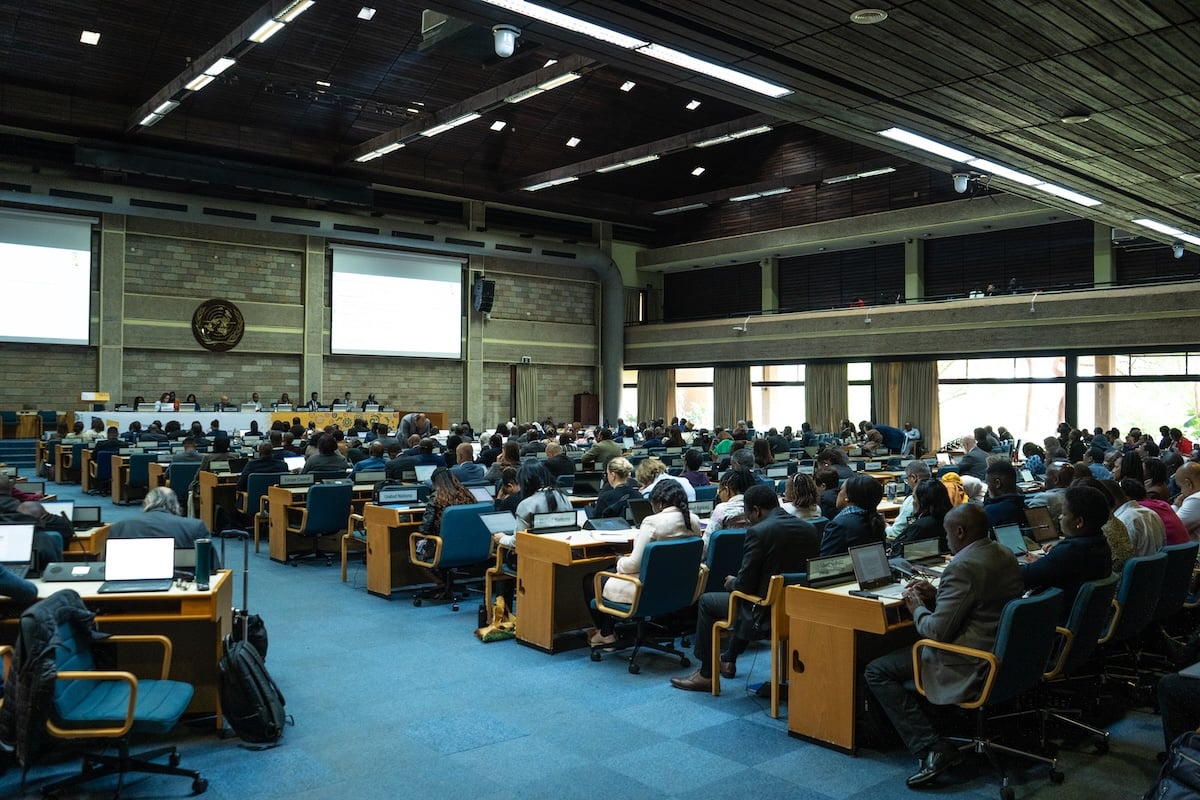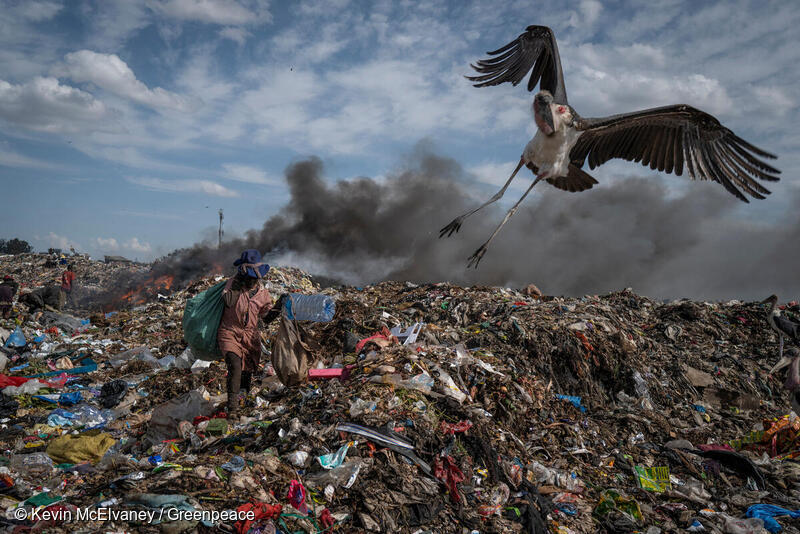Minister of Environment, Solid Waste Management and Climate Change
Hon. Kavydass Ramano
Government of Mauritius
Minister of Blue Economy, Marine Resources, Fisheries and Shipping
Hon. Sudheer Maudhoo
Government of Mauritius
Cc Junichiro Ikeda
Representative Director, President
Mitsui O.S.K. Lines, Ltd.
Cc Akihiko Ono
Executive Vice-president
Mitsui O.S.K. Lines, Ltd.
Cc Masanori Kato
Managing Executive Officer
Mitsui O.S.K. Lines, Ltd.
Cc Kiyoaki Nagashiki
Chief Executive Officer
Nagashiki Shipping Co., Ltd
Johannesburg, 24 August, 2020
Hon. Kavydass Ramano, Hon. Sudheer Maudhoo
On the 25th of July 2020 the MV Wakashio struck a beautiful and irreplaceable coral reef on Mauritius’ southeast coast. The oil in the wrecked ship started to leak on 6 August and it is destroying one of the most beautiful places in the world, along with the livelihoods of the people who live there. This is creating an environmental crisis, putting the biodiversity within the lagoons at significant risk, including the mangrove forests and many unique and endangered species.
The Government of Mauritius is responsible for ensuring the protection of the environment and the livelihoods of its citizens, including those impacted by the oil spill. It must act accordingly, and use methods to deal with the oil spill that will create the least potential damage, respecting all relevant international requirements and agreements.
As a top priority, it is critical to avoid dangerous methods of removing or dispersing the oil, including the use of chemical dispersants/detergents that could result in even greater negative impacts on fragile corals, mangrove forests, fish spawning areas and nurseries, crustaceans and shellfish. It is important to take into account that even if surface oil may be removed or dispersed, there is a significant threat of bioaccumulation within food chains, which could create significant long-term damage to the ecosystems that the Mauritian people depend on.
We call on the Government of Mauritius to urgently initiate three investigations:
- A fully public independent investigation must be conducted into the causes and consequences of the disaster, funded by Mitsui OSK and Nagashiki Shipping.
- The Government of Mauritius must ensure that an independent scientific assessment of the ecosystems is carried out, which encompasses the degree of impact both for humans and nature, and should include both short and long term monitoring. This investigation should be done by independent academic-scientific experts who have a proven track record of investigating oil spills along with scientific experts with in-depth knowledge of the local ecosystems and the pre-existing pressures that they face. These investigators must be unconnected to Mitsui OSK and Nagashiki Shipping and their Keiretsu, and their findings must be made public.
- An independent scientific and social investigation of the impacts on livelihoods (eg artisanal fisheries, tourism, local human health impacts) and impacted communities must also get underway urgently.
The Government of Mauritius needs to ensure that the compensation from the shipping companies, their insurers and other concerned parties takes into account the several-decade-long consequences of the spill (economic, social, environmental etc), and properly compensate the affected communities including those in the informal sectors. The government needs to establish a simple and appropriate system for application for compensation. It also needs to secure urgent and appropriate prepayments of financial support to those affected.
In addition, we believe that at a minimum these are the key actions that the Government of must take to deal with the current crisis effectively:
- The Government of Mauritius must initiate a review of separate transport shipping lanes with regards to “innocent passage” through Mauritian waters. This oil spill is a key indicator that the government must facilitate a new shipping lane system that would exclude sensitive regions to avoid a repeat of the current oil spill in future.
The Government of Mauritius should propose to the IMO that its waters be designated a Particular Sensitive Sea Area (PSSA), whereby an Area-to-Be-Avoided (ATBA) 50 nautical miles from shore for any transit shipping is established. These transit ships are called vessels on “Innocent Passage” that are beyond nation-state control, except if there is an IMO PSSA requiring an ATBA for all ship routing. Since these measures take time to enact, as an interim measure the government should request voluntary compliance with a 50 nautical mile ATBA off Mauritius. There is absolutely no excuse for a transit ship to be anywhere near the shore of Mauritius.
- Under no circumstances should the wreck of the ship simply be sunk, we are particularly concerned about this latest proposal, and we urge you to consult internationally on what alternative options may exist, while taking steps to prevent the ship from further breaking up or sinking. Sinking this vessel would risk several whale species and contaminate the ocean with large quantities of heavy metal toxins, threatening other areas as well, notably the French island of La Réunion. More pollution clearly further risks your tourist-based economy and fish-based food security, and we call on you to choose the best options to deal with the crisis, not the cheapest or fastest. Mauritius also needs to respect the London Convention 1972, where Malta – the flag state of the vessels towing MV Wakashio’s wreck – is required to prohibit and prevent its vessels from dumping waste including vessels at sea, if polluting content has not been removed to the maximum extent.
- There is no doubt that the Government of Mauritius must be accountable and transparent in their handling of the oil spill, including being visible and regularly communicating publicly about the situation and the action being taken. We recommend that the government holds a daily public meeting to update communities and the media.
- It is critical that the Government of Mauritius facilitates independent documentation of the situation on the ground, which is then shared publicly and transparently.
- The Government of Mauritius should initiate long term monitoring to assess the impacts of the oil spill and attempts to remove the oil on the area’s biodiversity.
- The government should utilise to the fullest the learnings and experiences from earlier numerous oil spills to minimise the environmental, social, economic and other consequences of the disaster.
- The Government of Mauritius must be fully transparent and accountable in terms of how it is managing financial flows, particularly money donated to help remove the oil as best as possible.
As a member of AOSIS, the Republic of Mauritius will be aware that the climate crisis is an existential threat and that in response to it, there is a movement consisting of millions of people across the world who are taking action. This oil spill is a tragic and devastating reminder that fossil fuels are toxic, and our reliance on them puts both people and the planet at risk.
Dis Moi, Greenpeace Africa and Greenpeace Japan stand in solidarity with the affected communities in Mauritius, and we ask the Government of Mauritius to deal with this crisis with urgency and accountability, and for the polluters to pay for this environmental catastrophe. We request a response from you to this letter indicating the steps you intend to take to address this crisis – in writing – by 27 August 2020.
Yours sincerely,

Lagi Toribau

Roshan Rajroop

Sam Annesley




Discussion
Your site won't show up properly on my droid - you might wanna try and fix that
Thank you for bringing this to our attention.